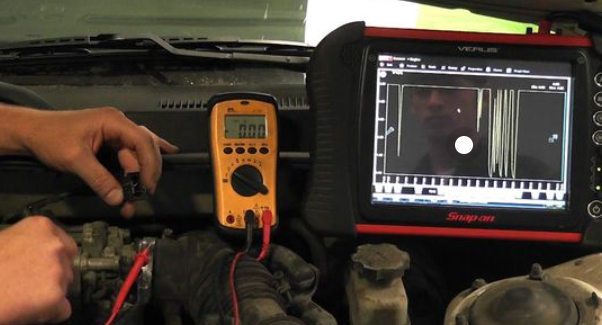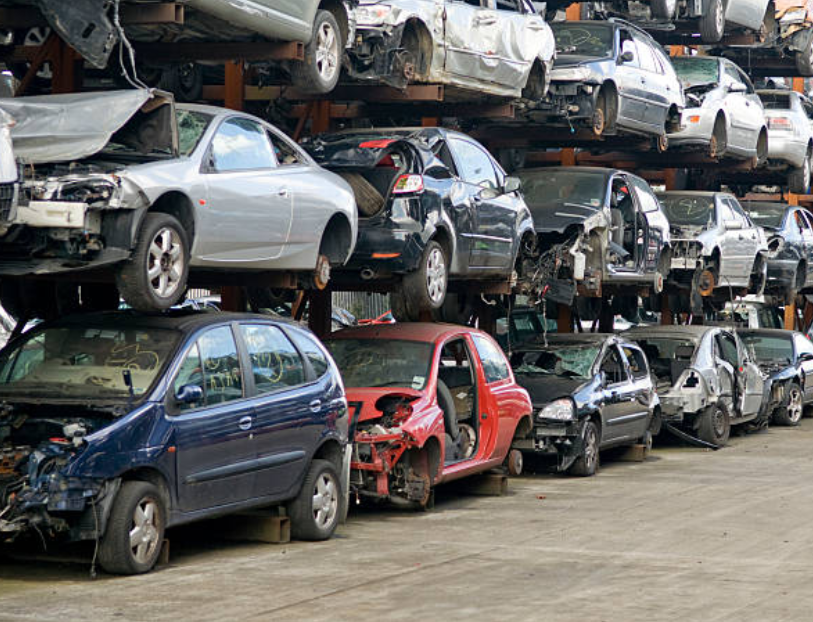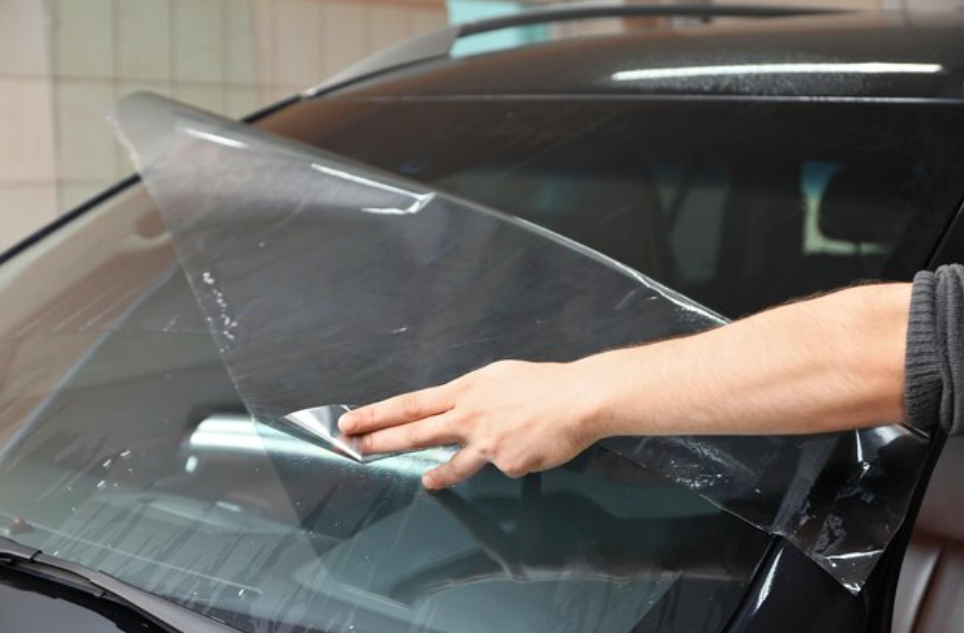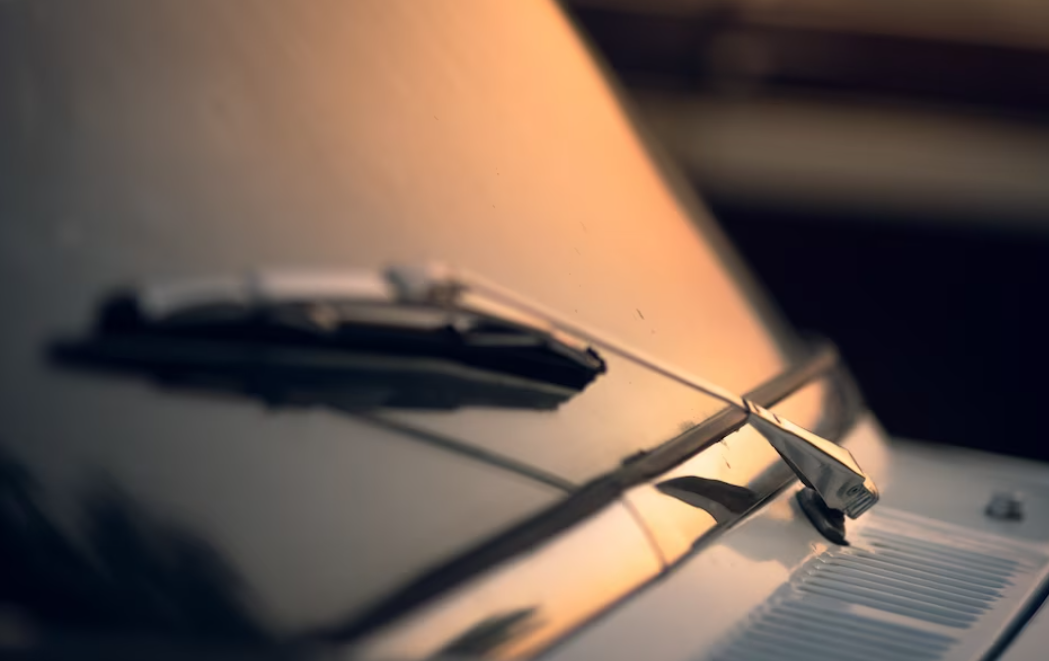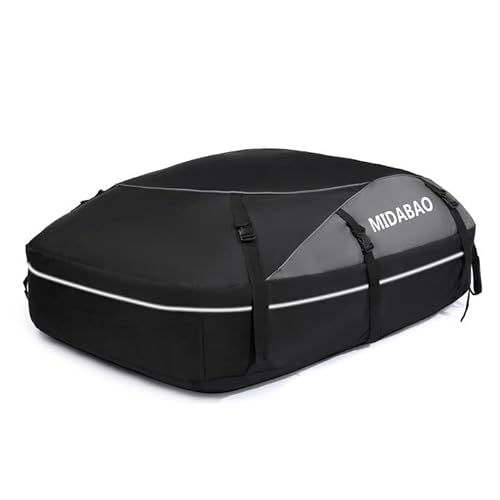A Beginner's Guide to Car Maintenance
Our daily lives would not be the same without our cars, which give us safe, dependable transportation. Many drivers, meanwhile, are unaware of how much labor goes into keeping their vehicle in excellent operating order. For all you newbie mechanics out there, this beginner’s guide to car maintenance is here to ensure that your vehicle remains safe and dependable for years to come! In it, we'll explore some simple yet effective methods for maintaining your engine, brakes, tires and more so you can hit the roads with confidence every time you jump behind the wheel.
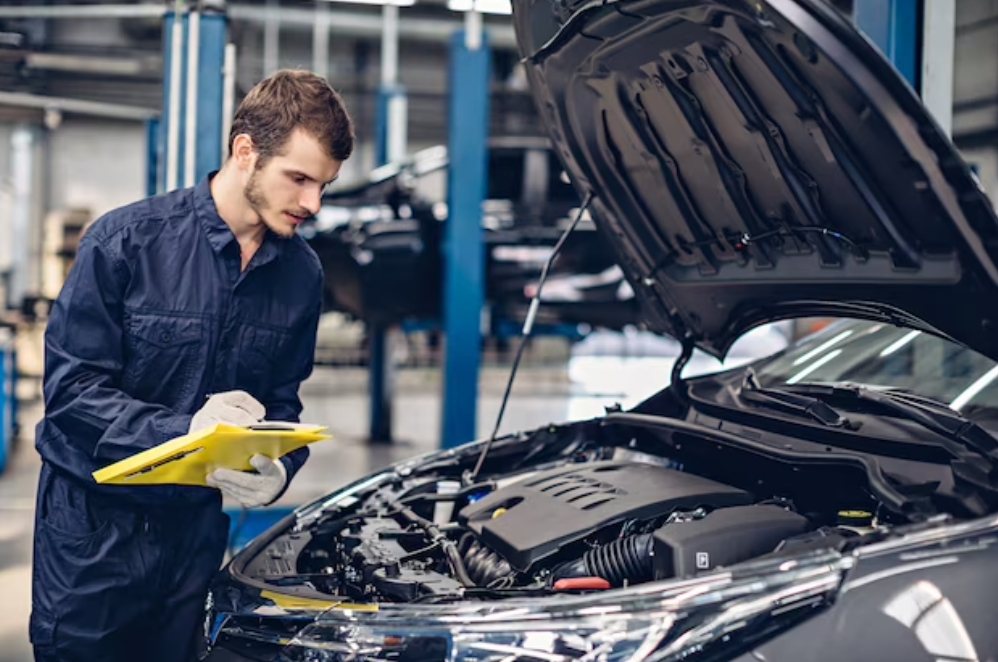
Checking Tire Pressure and Tire Wear
Maintaining the best performance and safety of your car requires checking tire pressure and keeping an eye on tire wear. Use a tire pressure tester to determine the current pressure and consult your car's owner's handbook for the recommended pressure. Tires may be inflated or deflated to make the appropriate adjustments. When inspecting tire wear, ensure that the tread depth meets the minimum requirement by using the penny test. Look for uneven wear patterns, cracks, bulges, or any other signs of damage on the tire sidewalls. Regular rotation of tires and seeking professional help when needed will help maximize their lifespan. You may increase fuel efficiency, enhance handling, and lower the possibility of accidents with tyre-related problems by routinely checking tire pressure and keeping an eye on tire deterioration.
Regular maintenance of the oil and oil filter is essential for the good health and smooth running of your car's engine. Regular engine oil changes assist to remove pollutants, debris, and grime that may accumulate over time and avoid inadvertently lubricating the moving parts of the engine. Additionally, these particles are stopped from cycling in the engine by changing the oil filter every time you replace the oil. It's important to use the proper oil grade and viscosity for your particular vehicle and to adhere to the manufacturer's suggested oil change intervals. To ensure the task is done correctly, it is advised to obtain expert assistance if you are uncomfortable completing the maintenance yourself. You can increase engine performance, increase fuel efficiency, and lengthen the lifespan of your vehicle by giving engine oil and oil filter maintenance priority.
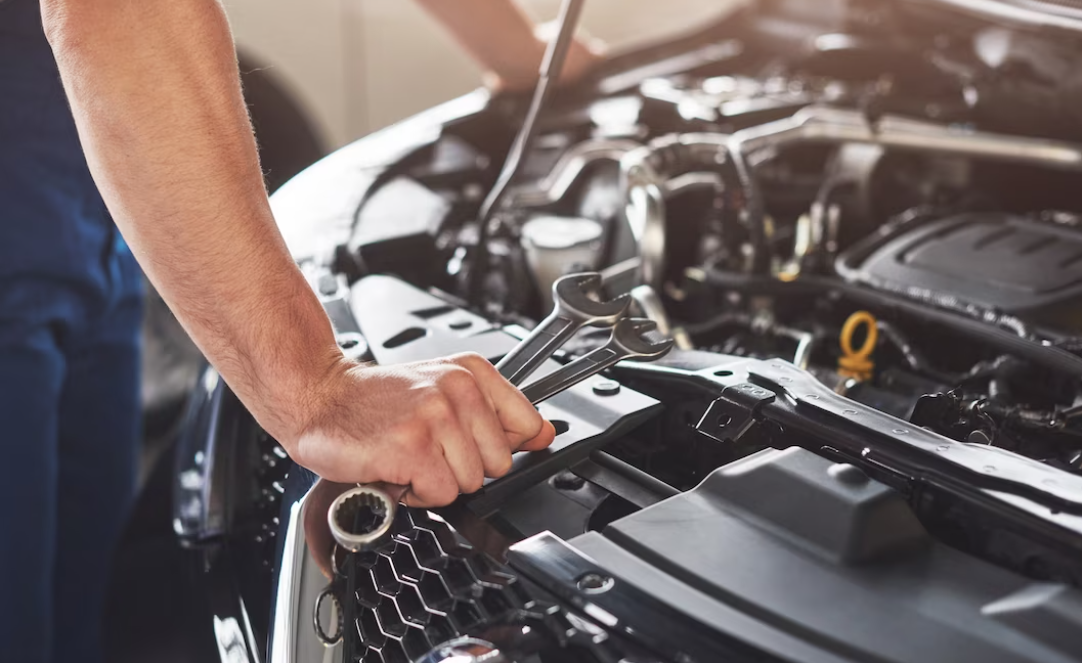
Checking brake fluid levels and maintaining the condition of your brakes are vital for safe and reliable braking performance. Start by locating the brake fluid reservoir under the hood and checking the fluid level between the minimum and maximum marks. Ensure the fluid is clear and not contaminated. If it's low, add the recommended brake fluid type to top it up. Inspecting the brake pads and rotors visually for thickness and listening for any unusual noises, such as squealing or grinding, can indicate wear and the need for replacement. It's crucial to address any concerns promptly, whether it's topping up brake fluid or seeking professional inspection and maintenance. By regularly checking brake fluid and inspecting brakes, you can maintain optimal braking performance and enhance the safety of your vehicle.
Proper coolant and radiator maintenance are crucial for preventing engine overheating and maintaining optimal performance. Start by checking the coolant level in the reservoir, ensuring it falls between the recommended "minimum" and "maximum" marks. If the level is low, add a mixture of coolant and distilled water in the appropriate ratio specified by your vehicle's manufacturer. Inspect the coolant's color and clarity, as a murky or discolored appearance may indicate the need for a coolant flush and replacement. Visually inspect the radiator for any damage, leaks, or debris accumulation. If necessary, have a professional mechanic perform radiator repairs or maintenance. Regular coolant flushing and replacement, as per the manufacturer's guidelines, will help ensure a healthy cooling system. By prioritizing coolant and radiator maintenance, you can prevent engine overheating, extend the lifespan of your vehicle, and avoid costly repairs down the road.

Maintaining proper transmission fluid levels and a clean air filter are crucial for optimal vehicle performance. Regularly check the transmission fluid using the dipstick, ensuring it falls within the recommended range. If it's low, add the appropriate transmission fluid gradually. Additionally, inspect the fluid's color and odor to ensure it's in good condition. If it appears dark or has a burnt smell, consider getting a transmission fluid change. When it comes to the air filter, regularly inspect it and replace it if it's dirty or clogged. A clean air filter promotes efficient airflow and protects the engine from contaminants. Follow the manufacturer's guidelines for air filter replacement intervals, and consult a professional mechanic if you need assistance. By prioritizing transmission fluid and air filter maintenance, you can enhance your vehicle's performance, fuel efficiency, and overall longevity.
Maintaining your car is crucial for its longevity, performance, and your safety on the road. Follow the manufacturer's recommended maintenance schedule, check fluid levels regularly, and replace filters as needed. Take care of your tires by checking pressure, inspecting treads, and rotating them. Keep your car clean inside and out, paying attention to warning lights and unusual noises or vibrations. Practice good driving habits and seek professional help when needed. You can ensure that your vehicle runs smoothly, reduces the risk of breakdowns, and has a safe and reliable driving experience by keeping up with maintenance activities and addressing concerns as soon as possible. they arise.
-
How can I maintain the battery in my car?
Make sure the battery terminals are corrosion-free and clean to preserve the battery in your automobile. Check the battery often for any indications of leakage or damage. Consider getting your battery checked or changed if it is more than a few years old or is beginning to show indications of weakening.
-
How often should I check my car's coolant level?
It is advised to check the coolant level in your automobile at least once every month. Ensure the engine is cool before checking. The coolant level should be between the "minimum" and "maximum" marks on the reservoir. If it's low, add a mixture of coolant and distilled water as per your vehicle's specifications.
View another article here: Top 10 Full Face Mountain Bike Helmets For Ultimate Protection


